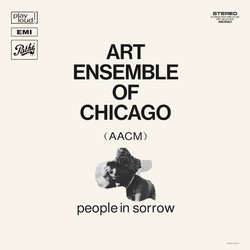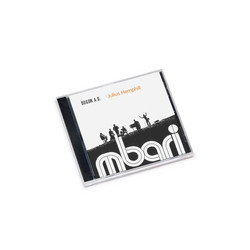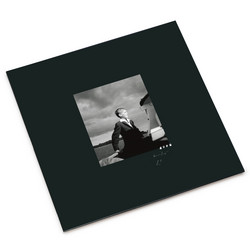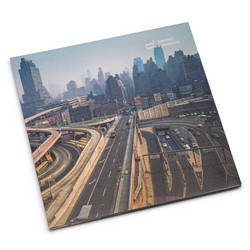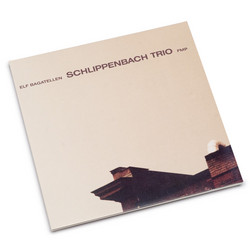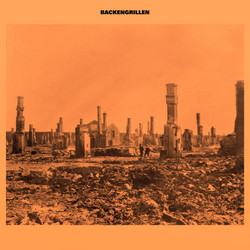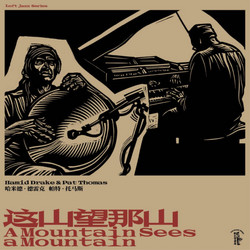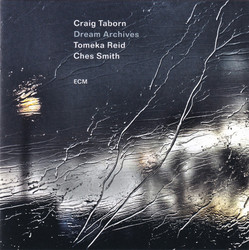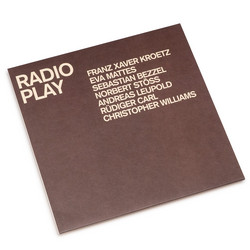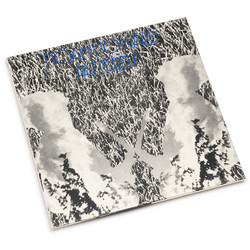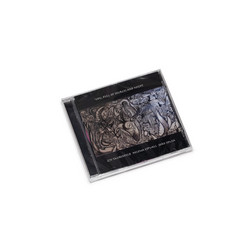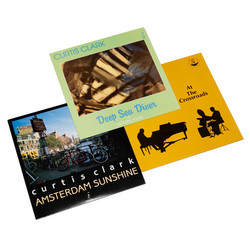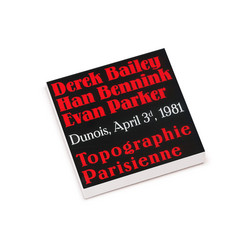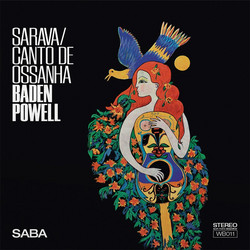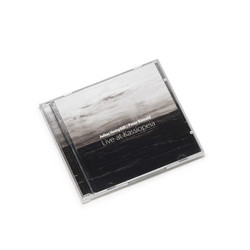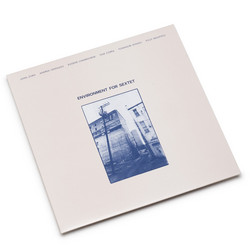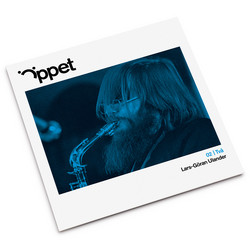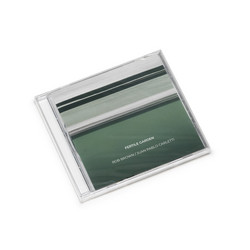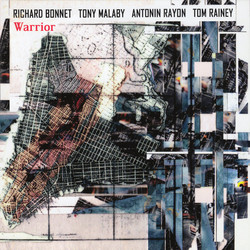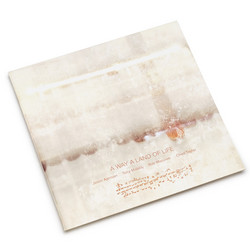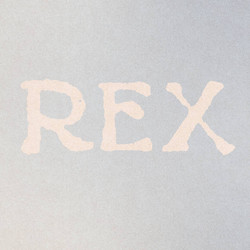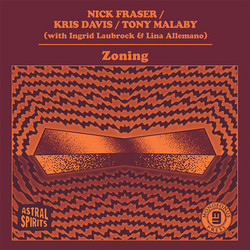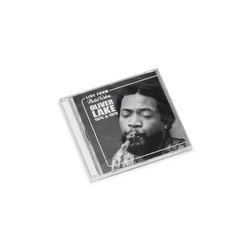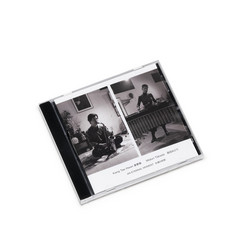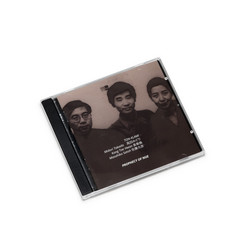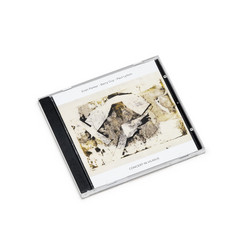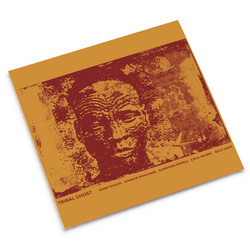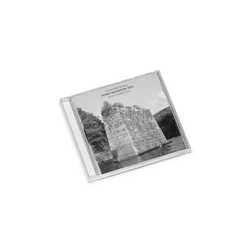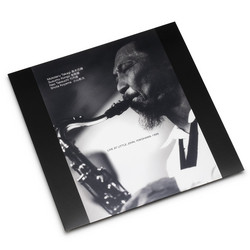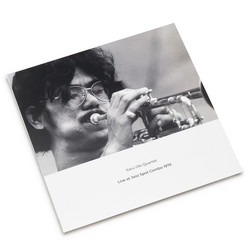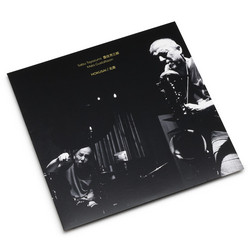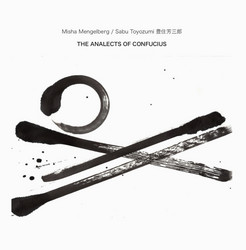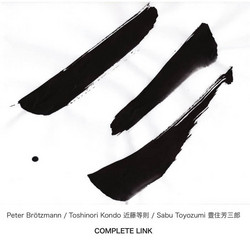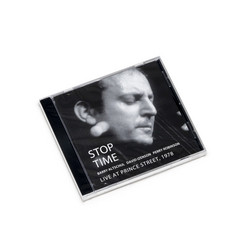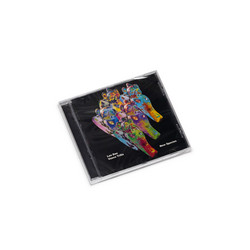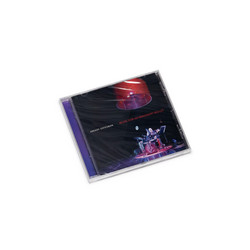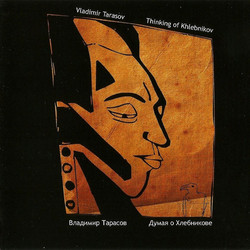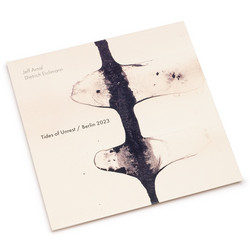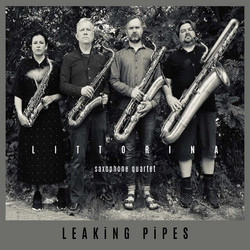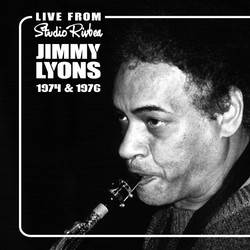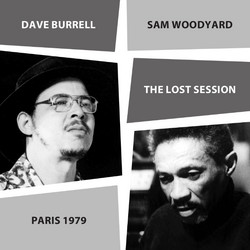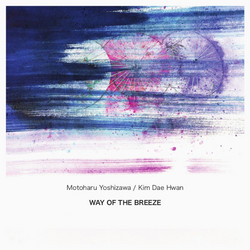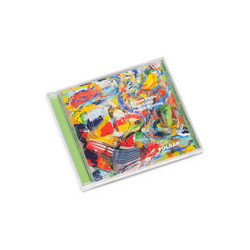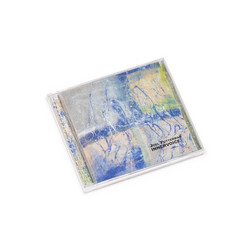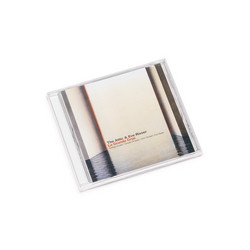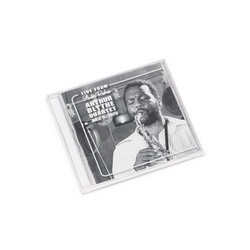Percussionist Juan Pablo Carletti leads a trio with Tony Malaby on sax and Christopher Hoffman on cello, beautifully unfolding jazz that balances light and dark, melodic and free approaches with textural percussive work. For his debut album, NYC-based Argentinian drummer Juan Pablo Carletti has made some wise choices, even before one considers the music. Foremost among those is the selection of saxophonist Tony Malaby to front his trio. Malaby has a compelling track record of energising such threesomes, as evidenced by his 14 year tenure in bassist Mark Helias' Open Loose unit, as well as the reedman's own Tamarindo outfit. He has more than enough talent to carry a small combo as the only front line instrument. However that's not quite what's needed on Niño/Brujo as Carletti's other go to guy is top drawer cellist Christopher Hoffman, who numbers Henry Threadgill among his significant employers.
For a drummer helmed leadership date, Carletti keeps a remarkably low profile. That's compounded by a cool school vibe to some of the tracks such as "Miranda" and "Ballerina," where even Malaby's overblown distortions sound restrained. Although the themes are not overly memorable, they serve well their prime purpose to launch the three musicians into the improvisational space. Attention to detail is evident in how often the theme restatements at the end of a piece are subtly different from how they started off. Carletti has taken a variety of approaches across the seven cuts, but all are distinguished by the close knit interplay. That's most obvious on the involved "Lateral Thinking" the longest selection which links a series of discrete episodes.
As ever Malaby makes full use of tonal ambiguity, vocalized effects and split tones to extend his emotional impact. Hoffman proves adept with the bow, when his poised arco provides acerbic counterpoint to the saxophonist's ruminations, while his pizzicato is both nimble and melodic. Carletti shows himself to be a tuneful drummer, in the lineage of Ed Blackwell and Max Roach, although eschewing that pair's polyrhythmic drive.
Highlights include "Orange" which after a solo cello introduction builds, via a spacey interlude of breaths, sudden string flurries and cymbal splashes and sustained notes, into a passage of rough sawing vying with tenor skronk over roiling drums. It doesn't end there, as Carletti reiterates the tune via Malaby's perky tenor with a countermelody from Hoffman's bowed cello. As a change of pace, the succeeding "José" acts as a cooling balm, as mournful saxophone and cello intermingle in slow motion atmospherics. The concluding section of "Lateral Thinking" constitutes another peak with spirited tenor grit rubbing up against cello abrasions over an abstracted funk beat from the leader. Carletti has created a strong platform and the next entry in his discography should be eagerly awaited.
John Sharpe
